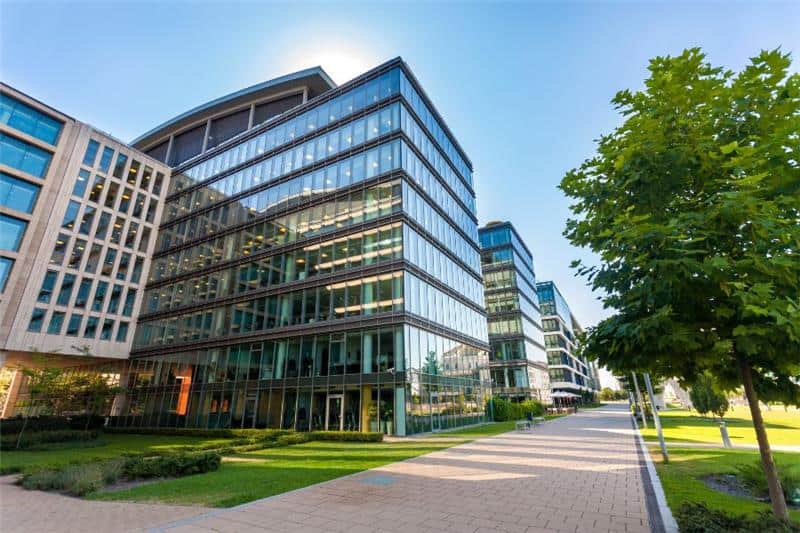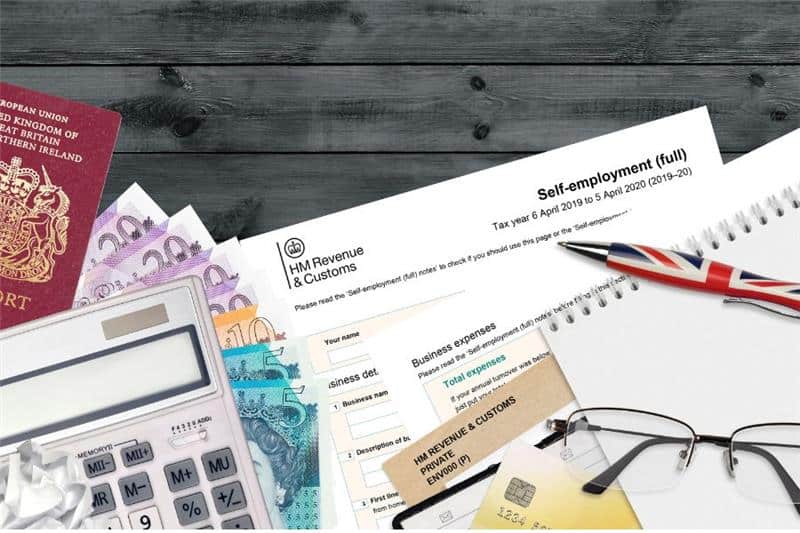Thinking of selling your buy-to-let? Learn how to time the market, manage tax and maximise equity with expert landlord advice.
Read More
Commercial property investment refers to the purchase, ownership, and management of properties that are used for business purposes. This can include office buildings, shops, warehouses, restaurants, hotels, and more. Commercial properties are categorised in specific classes, e.g. A1, which is shops and retail establishments. It’s important to note that planning regulations and permitted uses may vary depending on the region or local authority.
Table of Contents
Toggle
One of the main advantages of commercial property investments is the potential for high rental yields. Businesses typically sign longer lease agreements, providing a more stable and reliable income stream compared to residential tenants who often have shorter lease terms. This can offer you a consistent cash flow and help you grow your wealth over time.
Commercial property investments can be an excellent way to diversify your investment portfolio. By spreading your investments across different sectors, you can reduce the risk of being heavily reliant on a single asset class. This diversification can help safeguard your finances and provide stability during economic fluctuations.
Over time, commercial properties can appreciate in value, especially if they are located in desirable areas with strong economic growth. As the value of the property increases, so does your equity, allowing you to build wealth through capital appreciation.
You can claim deductions on expenses such as maintenance costs, property management fees, and mortgage interest. Additionally, when you invest in commercial property, capital allowances can help reduce your taxable income, providing you with potential tax savings.

There are risks to consider when you invest in commercial property. Be prepared for unexpected challenges down the road. Economic downturns, changes in market demand, and tenant turnovers can all impact your investment. Building a contingency fund to cover unforeseen expenses is a wise move to safeguard your investment and maintain financial stability.
The costs involved can be steep – not just the mortgage payments, but buildings insurance, maintenance costs, ground rent and charges, letting agency fees, stamp duty, and more. You may have to come up with a higher deposit than on a residential property, as well as higher set-up fees and interest rates.
Covid-19 lockdowns had a big impact on the commercial property market – rental values shrank, tenants defaulted on loans, and properties sat empty. Many companies switched to working from home permanently, meaning that office spaces don’t command the rental prices they did pre-pandemic.
Property markets can be quite illiquid, unlike many other financial markets, and it could be hard to sell up if you need to. The process of finding a buyer or negotiating a sale can be time-consuming, making it difficult to access your investment capital promptly.

Research, Research, Research: Before diving into any investment, thorough research is essential. Get familiar with the local property market, current trends, and future growth projections. Look for areas with strong economic fundamentals and high demand for commercial properties. Don’t forget to bear in mind things like nearby parking restrictions, congestion charges, and other variables that could affect the rental value.
Set Clear Investment Goals: Define your investment goals and objectives. Are you looking for a steady income stream, long-term appreciation, or a combination of both? Establishing clear goals will guide your investment strategy and help you make informed decisions along the way.
Seek Professional Advice: Consider consulting with experts in the field, such as estate agents, property managers, and financial advisors. They can provide valuable insights into market conditions, property valuation, and potential risks. Their expertise can help you navigate the complexities of commercial property investment.
Analyse the Property: When evaluating potential commercial properties, consider factors such as location, accessibility, infrastructure, and surrounding amenities. Assess the property’s condition, potential for renovation or expansion, and any zoning regulations that may affect its use. Conduct a thorough financial analysis, including rental income projections and operating expenses, to ensure the property is a worthy investment.
Financing Options: Commercial property investments typically require more money up-front than residential. Look into various financing options, such as traditional bank loans, commercial mortgages, or partnerships with other investors. Evaluate the terms, interest rates, and repayment schedules to choose the financing option that best suits your financial situation.
Property Management: Once you’ve acquired a commercial property, effective management is crucial for maximising returns. Whether you choose to manage it yourself or hire a professional property management company, ensure that the property is well-maintained, tenants’ needs are addressed promptly, and rental agreements are enforced.
Monitor and Adapt: Stay up-to-date with market conditions and regularly evaluate your investment performance to make informed adjustments if necessary. Keep an eye on rental rates in the area, vacancy rates, and any changes in the local economy that could impact your investment.

As a commercial property investor, it’s important to stay proactive. Regularly review your rental agreements to ensure they align with market rates and consider renegotiating leases when appropriate. This will help you maximise your rental income and maintain a competitive edge in the market as you invest in commercial property.
It’s worth mentioning that commercial property investments require you to think long-term. While short-term gains can be possible, the real benefits often come with time. By being patient, you can capitalise on the potential for long-term appreciation and wealth accumulation.
Lastly, keep an eye on emerging trends in the commercial property market. Technological advancements such as the rise of eCommerce and remote work can affect the demand for certain types of commercial properties. Stay informed about industry shifts and adapt your investment strategy accordingly. For example, investing in properties suitable for warehousing and logistics to cater to the growing demand for online retail could be lucrative.
Commercial property investment offers an exciting opportunity for investors seeking a stable income stream and long-term growth potential. By doing your research, setting clear investment goals, and seeking professional advice when needed, you can make informed decisions that align with your financial objectives. Remember to take a close look at potential investment properties, explore financing options, and prioritise effective property management. Monitor market conditions and be prepared to adapt your strategy when needed. With patience, diligence, and a proactive approach, commercial property investments can be a rewarding avenue for building wealth and securing your financial future.
We hope you have found this guide to commercial property investment helpful. Before you go, get your FREE guide here to learn the 11-step process to be a success in the world of property investment!
Thinking of selling your buy-to-let? Learn how to time the market, manage tax and maximise equity with expert landlord advice.
Read MoreDiscover UK planning permission loopholes, permitted development rights and when you can extend, convert or renovate without consent.
Read MoreLearn what the Bank of England base rate is, how it’s set, and how changes can impact buy-to-let mortgages and property investors.
Read MoreGuide to understanding the HHSRS and why it matters for landlords and property professionals.
Read More
Claim Your Free Copy
Assets For Life LTD is a company incorporated in England and Wales with registered number 09935286 and registered offices at Assets for Life Ltd, Suite 105, Waterhouse Business Centre, 2 Cromar Way, Chelmsford, Essex, England, CM1 2QE, United Kingdom.
Assets For Life LTD is registered with the Information Commissioner’s Office, with registration number ZA280607
COPYRIGHT © 2024 ASSETS FOR LIFE, ALL RIGHTS RESERVED. WEBSITE BY AMPLIFY MARKETING